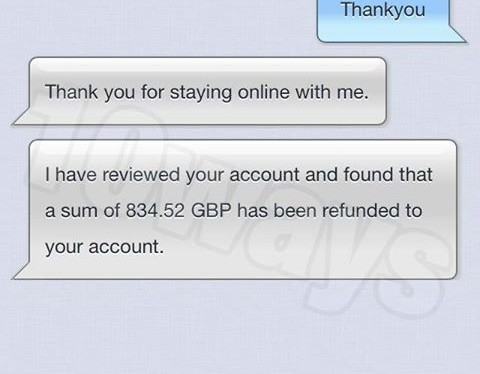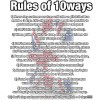Reduced items can be found in most stores, both on and offline, but the most common reduced items are found at supermarkets.
Some people find the reduced areas at supermarkets intimidating, other feel embarrassed & others cannot get enough of it!
Why are things in the reduced section?
- Damaged packaging
- Sell by date near-by, i.e. processed foods
- Use by date near-by, i.e. meat, fish, bread, cakes, dairy products etc
- a new product is replacing this version
- The item just isn’t selling
So what can you get reduced?
Anything and everything!
How much can you get off an item?
Depends on the time of day + quantity of stock left.
When is the best time to visit the reduced area?
1 hour before closing
If 24 hour between 7.30pm & 9.30pm.
Things that might annoy you when you’re standing at the reduced area:
- People pushing and shoving.
- When the member of staff reduces an item by a few pence.
- People picking everything up (be warned you can easily become that person)
- People pushing and shoving, yes it happens a lot.
- The looks other people give you.
We feel very sorry for the supermarket assistants who have the job of reducing items at the end of the day, they’re bombarded for a good 5-10 minutes.
What about products that go past the best before date?
These will generally not be found in any supermarkets, they’re sold on as end of line / past best before stock.


























![How to be a professional comper (person who enters competitions) [Infographic]](https://10ways.com/wp-content/uploads/2016/01/comper-100x100.jpg)


